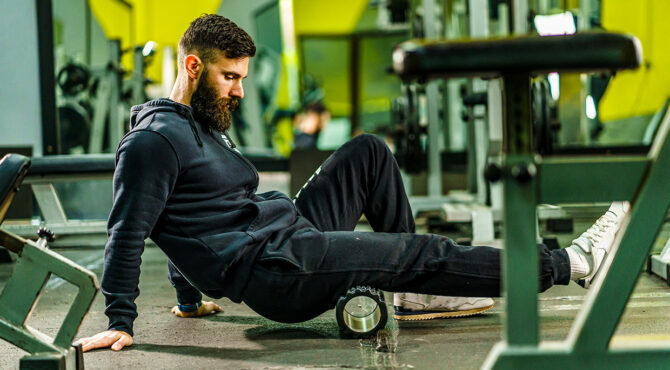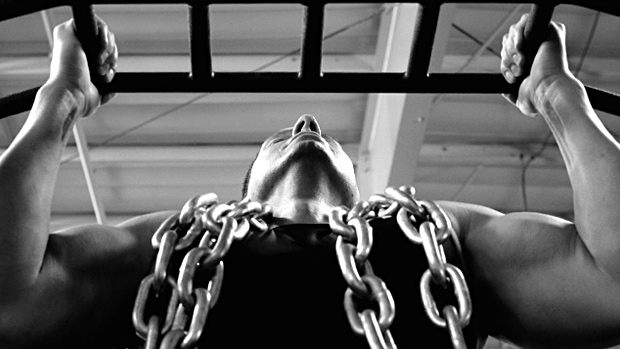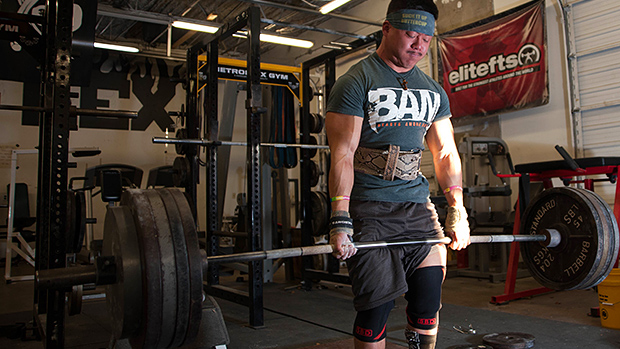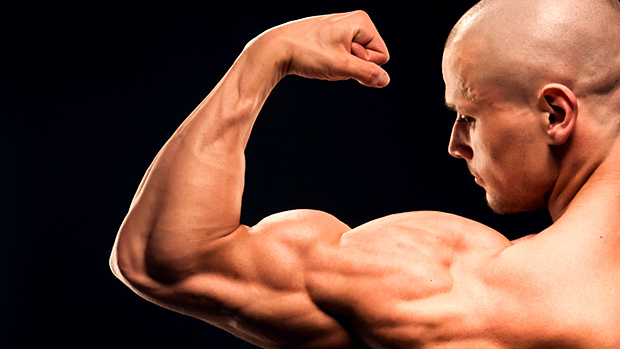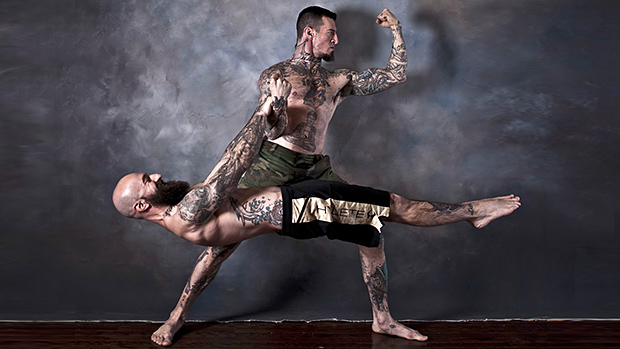A Better Way to Warm Up
A warm-up is a good thing. The problem? Warm-ups usually lack structure. Older people might meander around doing weird stretches, younger people might hop on a cardio machine for a few minutes of mindless activity, and others might do nothing at all before heading over to the heavy weights.
But understanding the "why" behind the warm-up solves everything. And just a touch of structure will help you implement it better. There are three parts to an effective and efficient warm-up, and it doesn't have to take more than 10 minutes.
Here are the steps to prime your body for a better workout. Each phase builds on the last to improve your performance while significantly decreasing the risk of injury.
Targeted self-myofascial release (SMR) techniques like foam rolling, trigger point release and other modalities can be helpful in the warm-up, especially if you're dealing with pain, poor mobility, or any tissue dysfunction.
Find your trouble areas and use a few targeted techniques. Here are the benefits:
- Improved tissue extensibility
- Increased flexibility of soft tissue
- Improved range of joint motion
- Reduction in pain
Tip: To know if these techniques are helpful, test and retest your mobility before and after you use SMR. Did it improve your mobility or make you feel better going into the workout? If so, keep these in your routine.
Spend 3-4 minutes working on a few of these (sound on!):
Glute Foam Rolling
Quad-IT Band Foam Roll
Posterior Shoulder SMR
Pec Foam Roll
Lat-Teres Release
Follow up your soft-tissue work with a combination of dynamic stretching and joint-mobility exercises on those same areas. Dynamic stretches are active movements where joints and muscles go through a full range of motion.
Many additional structures define how good a person's mobility is. It's not only the muscles stretching over a joint but also how well the joint moves within its connective tissue joint capsule.
With dynamic stretching, we're practicing both movement capacity and control. Dynamic stretching in and out of an end-range stretch (as opposed to holding at end range) allows the joints involved with the movement to be mobilized along with the tissues.
These movements can incorporate parts of the lifts you're about to perform, making them pivotal in your warm-up. Adding these to your warm-up will help you maximize your usable ranges of motion.
Spend 3-4 minutes working on a couple of these:
Dynamic Hip Hinge Stretch
The 90/90 Stretch
Dynamic Lat Stretch
Pec Stretch
Once you've improved movement capacity with parts one and two, it's time to activate the muscles you'll be using in your workout.
In reality, though, muscles don't just turn on and off like a light switch. They alter their function based on joint position. This means when you perform a muscle activation exercise, you're reinforcing good postures while preparing the nervous system and tissues for the stress and load you'll be placing on them.
You're essentially sending signals to the brain to prepare you for movement. These signals trigger motor units, which subsequently causes contraction of the fibers that they control.
Here are a few examples to try:
Bodyweight Bridge
Hip CARs
Shoulder Swimmer Hovers
Scapular CARs
These videos above aren't all-encompassing. So feel free to try out new SMR, mobility, and muscle-activation exercises that will benefit your body and workout routine. Use the three-part warm-up and prepare yourself for your training sessions in about 10 minutes. No more wasted time!

